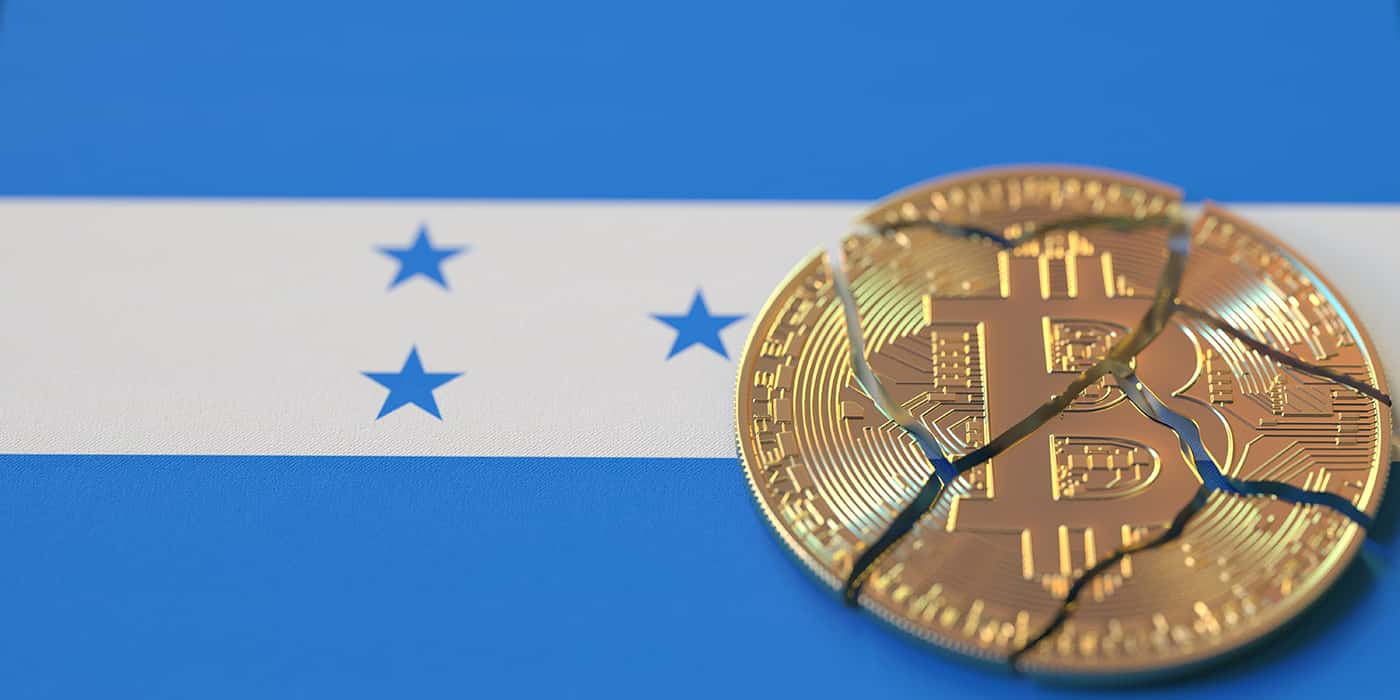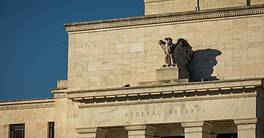Honduran regulators have had enough of cryptocurrencies. The country’s National Banking and Insurance Commission (CNBS) has prohibited them from the country’s financial system “with immediate effect.”
The prohibition includes currencies, assets, virtual currencies and other digital assets—in short, anything that operates outside the Honduran Central Bank’s (BCH) supervision. The regulator also demanded that financial institutions work on an educational plan to warn users about the risks of using crypto.
CNBS pointed to the potential for crypto to be used in fraud, money laundering and terrorist financing, saying that “they are instruments that are born from the network without any type of support, restriction or border, nor are they currency, legal tender in this country, nor are there protection on deposits constituted with resources of this nature.”
The blanket ban applies to all institutions supervised by the CNBS. It prohibits the maintenance, investing, intermediating or operating of cryptocurrencies, crypto assets, virtual currencies, tokens or similar virtual assets unless it was issued or authorized by the central bank.
In 2022, the central bank revealed it was conducting studies on the viability of its own digital currency. A final decision is still pending.
Honduran law does not regulate virtual assets; some platforms operate there and allow trading.
Since 2018, the BCH has issued five separate statements regarding crypto or virtual currencies, pointing out there is no support nor regulations for their use in Honduras.
Meanwhile, in neighboring El Salvador, Nayib Bukele—an advocate for cryptocurrencies—won an overwhelming reelection, with over 84% of the vote. The potential for “volcano” bonds and Bitcoin visas will continue in Bukele’s second term.
The fate of Honduras Prospera, a model resort town on the Caribbean coast that operates with autonomy from Tegucigalpa and that adopted Bitcoin as legal tender in 2022, remains to be seen. There is also Bitcoin Valley, in the tourist town of Santa Lucia, 20 minutes from the capital, which allows payments in Bitcoin, dollars or lempira. Honduras’ former president, Juan Orlando Hernández, is currently on trial in the US for conspiracy to import cocaine and weapons charges. The extent of Hernández’s considerable wealth and how it has divested may be a contributing factor in the CNBS statement.




